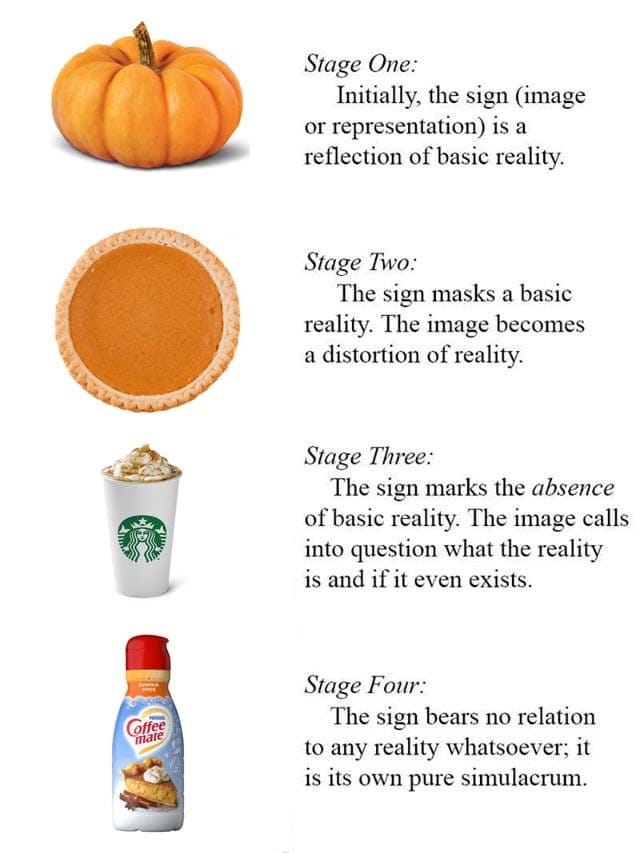It looks to me like Zuckerberg has the better answer for this by far. Andreessen's method seemingly gives no thought to outcomes (based on the segment); he's just spending a nominally-infinite resource however much he needs to in order to get through the issue at hand.
By contrast, Zuckerberg's method is trying to close the loop, by which I mean acknowledge the social reality and try to bring it back to its consequences in object-level reality.
It feels like building stable social-object reality loops is the winning play for groups.
I like the note that titles are a "nominally-infinite resource" because there is a limit to them. Namely, they're sticky. With Zuckerberg's org, if he really, really, really needs to inflate a person's title, he can do it. He has the option to pull an Andreessen if he needs to, but the opposite isn't true.
This is an interesting observation. I'm curious to what extend it generalizes to it being hard for people to move from level 4 back to level 3.
That's an interesting point; I wonder if there is a broader correlation between higher simulacra levels and narrowing options like this.
Intuitively it feels like the opposite should be the case; I had vaguely felt like the point of going up a level was to get more options. But then, that doesn't make any acknowledgement of the object level options.
Epistemic status: speculative extrapolation based exclusively on the content of this post, rather than my own outside research or experience.
Countersignaling might be another way to look at this. A "mere" manager at Facebook is so powerful that they're the equivalent to a Vice President of another company. Other companies that don't realize this, and don't treat Facebook's managers with the respect they deserve, wind up looking like fools. Those that do are forced to treat Facebook as a whole as having (superficially) higher status than their own company.
That may not be the motivation behind Zuckerberg's decision to operate this way. But this explanation might help explain why they wouldn't take as big a hit as you might otherwise expect from this policy.
It seems to me that they're both doing exactly the same thing: assigning titles according to a method that's not industry standard for reasons of their own. Maybe industry standard is more meaningfully simulacra level 3 (in the social truth sense) than either of them?
One of them is trying to build an internally consistent social reality, and one of them is trying to take advantage of other people making an internally consistent social reality (by making false claims within the others' social reality).
I was not commenting on goodness or badness, just simulacraness.
Are you saying that assigning titles according to a system that you think is how titles should work makes the title a more accurate truthful signal about actual social reality than assigning titles according to the way titles are generally assigned industry wide?
It seems to me that this is not the case, because assigning titles that are inaccurate (according to industry standards) in either direction causes confusion. In the case of title deflation, the excerpt above suggests that it makes it harder for people with lower titles than their actual responsibility to interface with those outside the company, get meetings, etc. The inaccurate signal imposes a cost.
What are level one and two?
Following the Pumpkin Spice meme this looks like Stage One and Stage Two. https://anniegram.substack.com/p/pumpkin-spice-your-life
Level one: A job title that straightforwardly describes what the person actually does in the job. For example, "Seventh-grade math teacher" or "Data Analyst"
Level two: A job title which claims to describe what the person actually does, but is misleading. For example, if someone was hired as an Electrical Engineer but actually spends their time doing IT work.
You move into level three a bit when the job title is partly about your status in a hierarchy: "Senior Software Engineer" or "Junior Software Engineer".
As the original post suggests, job titles for high level management are mostly about social status and hierarchy, and therefore are never below level three.
I found the title a little clickbaity absent a qualification that it's about employee titles (or thinking about that) and not a more general simulacra-level of either (and I was curious how that would be defined, or at least described).
Also, given the prevalence of Andreessen's advice/tactic, it's hard to think it's fully level 4 and not itself mostly/somewhat level 3 as it is social reality to some degree.

A passage I just read in The Hard Thing About Hard Things by Ben Horowitz:
Simulacra level 3 is about accurately describing social reality. Level 4 is about defecting on people trying to do level 3, by painting an inaccurate model of social reality. It seems to me this is a crystal clear example of two people recommending Level 3 vs Level 4 strategies.
(Or so it is in my mind. I'm sure Zvi and Benquo and others will say Level 4 is something else.)
As an aside, this book is far better than it has any right to be at giving advice on building successful companies. It's a book that repeatedly stares into the dark at the things that will kill your company (e.g. how to fire senior people, how to minimize internal politicking, when smart people are bad employees, etc) and gives simple and clear advice in each situation. I've personally found it immensely helpful.